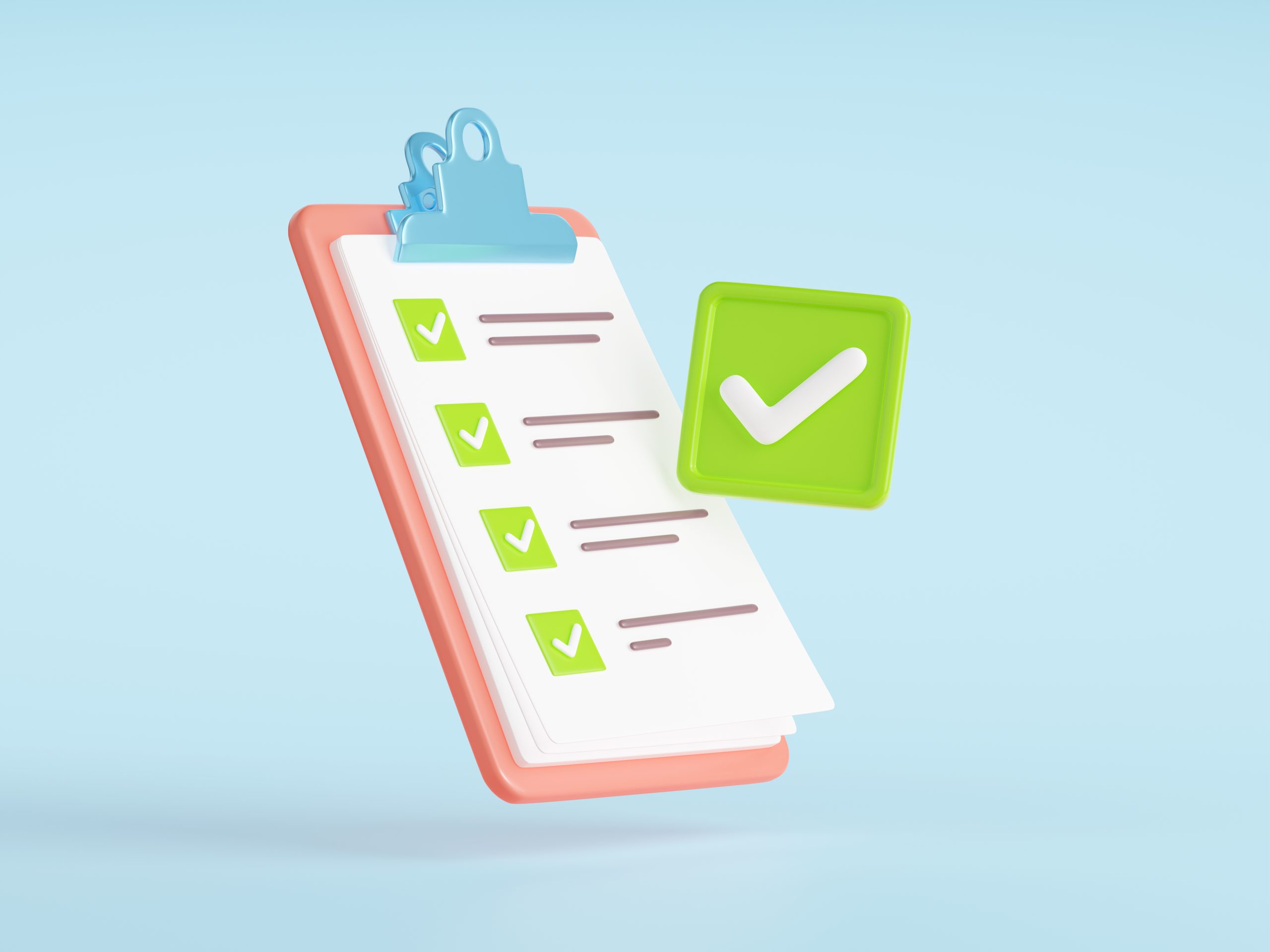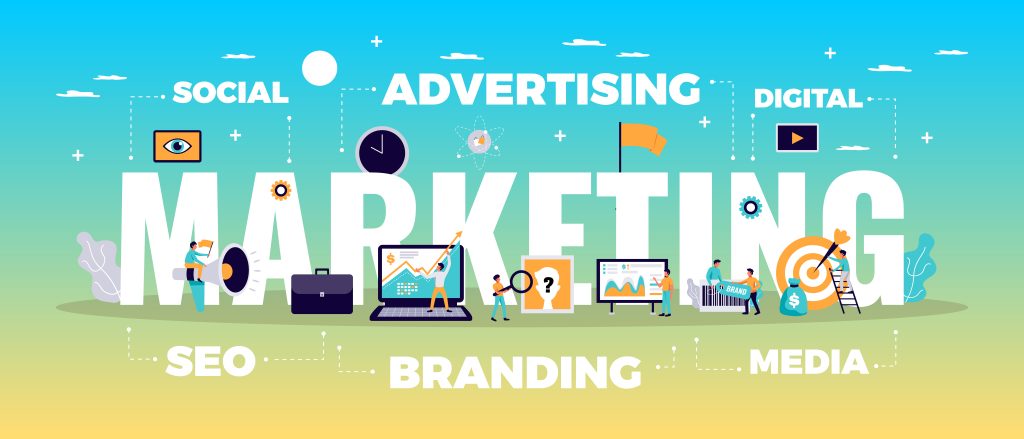
আপনি যদি ফেসবুকে প্রোডাক্ট/সার্ভিস মার্কেটিং বা এড ক্যাম্পেইন করে সেল করতে চান তাহলে এই আর্টিকেলটি আপনাকে সেইফ এবং ফেসবুক এর কমপ্লিট গাইডলাইন অনুযায়ী বিজনেস কিভাবে করবেন এটি জানতে সহায়তা করবে। আপনি কি করবেন কিভাবে করবেন, কি করা যাবে আর কি করা যাবেনা তার প্রপার একটা গাইডলাইন পাবেন এই আর্টিকেল সম্পূর্ণ পড়লেই।
ফেসবুক এড কি, কেনো কিভাবে?

আপনি যদি ফেসবুকে প্রোডাক্ট/সার্ভিস সেল করতে চান তাহলে আপনাকে একটা জিনিষ খুব ভালো করে মাথায় রাখতে হবে সেটি হচ্ছে, আপনাকে দিনশেষে মার্কেটিং বা বিজ্ঞাপন দিয়েই সেল জেনারেট করতে হবে। এর কোন বিকল্প নেই। যেহেতু আপনি বিজনেস করবেন আর প্রতিটা বিজনেস এর ইনভেস্ট আছে সেটা অনলাইন আর অফলাইন যেটাই হোক না কেনো আপনাকে ইনভেস্ট করেই বিজনেস করতে হবে। আর ইনভেস্টমেন্ট মানেই লাভ/লস দুটোই আছে। তাই আপনাকে এই বিষয়গুলো প্রথমেই বিবেচনায় রাখতে হবে।
চলেন আরেকটু বিস্তারিত জানার চেস্টা করি-
অনলাইন/অফলাইন বিজনেস এর পার্থক্য-
প্রথমেই দেখি একটা অফলাইন বিজনেস করতে গেলে আপনার কি কি ইনভেস্টমেন্ট লাগবে-
- পজিশন মত একটা নিজের দোকান কেনা বা ভাড়া নেওয়া সেটার জন্য অবশ্যই একটা এডভান্স বা জামানত প্রয়োজন।
- এরপরেই হচ্ছে আপনার শো-রুম ডেকোরেশন এর জন্য একটা ইনভেস্টমেন্ট লাগবে।
- আপনার শো-রুমে প্রোডাক্ট ডিসপ্লে করার জন্য নুন্যতম কিছু প্রডাক্ট কিনে রাখতে হবে। গোডাউন বা অন্যান্য স্টক এর কথা বাদই দিলাম।
- শো-রুম উদ্বোধন করার পরেই কিন্ত প্রতি মাসে অর্থাৎ দৈনিক একটা খরচ আছে এখন আপনার সেল শুরু হোক বা না হোক তাইনা?
এখন উপরের ইনভেস্টমেন্ট আপনি কিসের ভিত্তিতে করলেন? সবটাই হচ্ছে আপনার আশা ভরসা বা অভিজ্ঞতা থেকে ইনভেস্টমেন্ট তাইনা? এখন পর্যন্ত কিন্ত সেল শুরু করেন নাই আপনি। এরপর একটা সময়ে আপনি মাত্র সেল শুরু করবেন, তারপর হিসেব করবেন দৈনিক খরচের টাকা উঠে আসার জন্য, এরপর হিসেব করবেন মাসিক খরচের টাকা উঠে আসার তারপরে গিয়ে হিসেব করবেন আপনি যেন বিজনেসটা করে প্রফিটের মুখ দেখেন। এরপর ধীরে ধীরে বিজনেসটাকে বড় করার পরিকল্পনা করবেন, তাইনা?
এখন দেখি অনলাইন বিজনেস করতে গেলে আপনাকে কি কি ইনভেস্টমেন্ট করতে হবে-
- আপনার একটা ফেসবুক বিজনেস পেজ ক্রিয়েট করতে হবে, সেটা প্রফেশনাল ভাবে সেটআপ করতে হবে।
- সেল শুরু করার আগে পেজে মিনিমাম লাইক-ফলোয়ার বাড়িয়ে নিতে হবে।
- প্রতিনিয়ত পেজে আপনার প্রোডাক্ট বা সার্ভিস সম্পর্কে কন্টেন্ট পাবলিশ করতে হবে।
- এরপর আপনি সেল করার উদ্দ্যেশে ম্যাসেজ ক্যাম্পেইন বা ওয়েবসাইট সেল ক্যাম্পেইন শুরু করবেন।
এখন দেখেন অফলাইন বিজনেসে যেমন আপনি ইনভেস্ট করলেন ঠিক তেমনি অনলাইনেও বিজনেস শুরু করার আগে উপরের স্টেপগুলো হচ্ছে প্রাথমিকভাবে ইনভেস্টমেন্ট এরপর আপনি হিসেব করবেন ইনভেস্ট করে আপনি কি প্রফিটে থাকছেন নাকি লসে।
এখন আমি আপনাকে একটা প্রাথমিক ধারনা দিবো ফেসবুকে বিজনেস করতে চাইলে আপনার ইনভেস্টমেন্ট কেমন থাকা প্রয়োজন যেন আপনি আপনার অবস্থান থেকে অফলাইন বিজনেস এর সাথে একটা তুলনা করতে পারেন যে আসলে আপনার এই অনলাইনে ফেসবুক ভিত্তিক বিজনেস শুরু করা উচিৎ হবে কিনা।
ফেসবুকে বিজনেস শুরু করার প্রাথমিক ইনভেস্টমেন্ট-
- একটা প্রফেশনাল বিজনেস পেজ সেটআপ (পেজ ক্রিয়েট, লোগো, কভার এবং প্রয়োজনীয় সকল সেটআপ)- সম্পূর্ণ ফ্রি, কাওকে দিয়ে করিয়ে নিলে ১-৫ হাজার বা আপনার চাহিদার উপর ডিপেন্ড করবে।
- ডলার খরচ করে পেজ প্রমোট অর্থাৎ পেজে লাইক-ফলোয়ার বাড়িয়ে নেওয়া (নতুন পেজে সেল ক্যাম্পেইন শুরু করার আগে আবশ্যক)- ২০-৫০ ডলার বাজেট রাখা বেটার।
- ল্যান্ডিং পেজ বা ওয়েবসাইট দিয়ে শুরু করতে চাইলে ডোমেইন-হোস্টিং সহ ল্যান্ডিং পেজ বা ওয়েবসাইট তৈরি করে নেওয়া। – ৫ হাজার থেকে শুরু করে ৫ লাখ বা তারও বেশি ডিপেন্ড করবে আপনার চাহিদার উপর।
- এরপর আপনি ডেইলি মিনিমাম একটা এড বা বিজ্ঞাপন বাজেট রাখবেন যেমন ৫-১০ ডলার এরপর সেল বুঝে, নিজেকে যাচাই করে মার্কেট কন্ডিশন বুঝে বাজেট বাড়াবেন। অর্থাৎ, আপনি আপনার বাজেট অনুযায়ী ফেসবুক থেকে রেসপন্স পাবেন। দেখেন আপনি চাইলে একদিনে ১ হাজার ডলারও স্পেন্ড করতে পারবেন কিন্ত আপনি আপনার বাজেট এবং ক্যাপাসিটি অনুযায়ী করবেন।
আরো সহজভাবে বলতে গেলে ফেসবুকে বিজ্ঞাপন দিয়ে প্রোডাক্ট বা সার্ভিস সেল করতে চাইলে আপনাকে প্রোডাক্ট বা সার্ভিস এর খরচ বাদে শুধু বিজ্ঞাপন বাজেট ৮-১০ হাজার টাকা হাতে রেখে যদি শুরু করেন তাহলে আপনি অন্তত সেলটা শুরু করতে পারবেন। এরপর, নিজেকে যাচাই করে, মার্কেট কন্ডিশন বুঝে, আপনার টার্গেট এবং বাজেট অনুযায়ী ডেইলি একটা বিজ্ঞাপন বাজেট রাখবেন। আরেকটা ব্যাপার, আমি বলবো আপনি অন্তত শুরু করেন তাহলেই বুঝতে পারবেন আপনার বাজেট সেল টার্গেট অনুযায়ী আপনাকে কত রাখতে হবে সেটা আপনি নিজেই একটা সময় বুঝে যাবেন।
কিন্ত, আমি এটাও সাজেস্ট করি হাতে অন্তত বিজ্ঞাপন বাজেট ৮-১০ হাজার টাকা রেখে শুরু করা বেটার নাহলে দেখবেন লস করবেন বা আপনি সেলটা শুরু করার আগেই আপনার হাত খালি হয়ে যাবে ব্যাপারটা এরকম হবে। তাই মিনিমাম একটা বাজেট হাতে রেখে কাজ শুরু করাটাই বেটার।
আমরা আপনাকে কিভাবে সহায়তা করবো?
আমাদের সাথে কাজ শুরু করতে আপনার মিনিমাম বাজেট ১০ ডলার থাকতে হবে প্রতি ক্যাম্পেইনের জন্য। এখন এই ১০ ডলার আপনি একদিনে শেষ করবেন নাকি ৫ দিনে করবেন সেটা আপনার ব্যাপার। আর ফেসবুক এই কম্পিটিটিভ মার্কেটপ্লেসে কি সাজেশন দেয় সেটা নিচে দিচ্ছি আপনি আইডিয়া পাবেন।
বর্তমান কম্পিটিশন মার্কেটপ্লেসে-
ফেসবুক একটি এড ক্যাম্পেইন মিনিমাম ৭ দিন করার পরামর্শ দিয়ে থাকে এবং প্রতিদিনের বাজেট মিনিমাম ১৫ ডলার থাকা উচিৎ একটি ক্যাম্পেইনের জন্য। সেই হিসেবে ১০৫ ডলার ৭ দিনের জন্য করলে ভালো রেসপন্স আশাকরা যায়।
যদিও প্রোডাক্ট সাপ্লাই, প্রোডাক্ট ডিমান্ড, প্রোডাক্ট প্রাইসিং সহ আরো অনেক কিছু এবং আপনার বাজেট এর উপর নির্ভর করে। তাছাড়া, ফেসবুক কোন প্রোডাক্ট এর ক্ষেত্রে কখনোই সেল গ্যারান্টি দেয় না, আমরাও দেইনা। কিন্তু, সবাই এই প্রসেসেই সেল করছে।
এখন দেখি প্রতি ১০ ডলারে আপনি কি কি আউটপুট আশা করতে পারেন-
ফেসবুক কখনোই কোন প্রোডাক্ট এর ক্ষেত্রে সেল গ্যারান্টি দেয় না, তাই আমরাও দেইনা।
তবে প্রতি 10 ডলারে কি কি হতে পারে সেটার একটা এস্টিমেট নিচে দিচ্ছি যেটা ফেসবুক থেকে দেওয়া হয়।
- পেজে লাইক/ফলোয়ার 400-800, শর্তসাপেক্ষে 1200-1500 Max
- ম্যাসেজ 40-80, রিচ 8-12k Avg, 20k Max
- রিচ ক্যাম্পেইন 100k-300k Max
এখন এখানে দেওয়া পুরো বিষয়টাই ফেসবুক এর এস্টিমেট। প্রোডাক্ট, কন্টেন্ট, পেজ ভেদে বেশিও হতে পারে তবে ম্যাক্সিমাম ক্ষেত্রেই ফেসবুক এই এস্টিমেট এর নিচে কখনোই আসেনা যদি কন্টেন্ট ভালো না হয়।
কিছু আইটেমের ক্ষেত্রে আপনাকে আরো বেশি বাজেট রাখতে হবে যেগুলো খুব সেন্সেটিভ যেমন কস্মেটিক্স আইটেম। চলেন দেখে নেই এর কারন ও সমাধান-
কসমেটিকস আইটেম খুব সেনসিটিভ এবং চ্যালেঞ্জিং একটি প্রোডাক্ট কিন্তু তুলনামূলক বেশি প্রফিটেবল।
তাই, সেল করার আগে যে বিষয়ে খেয়াল রাখতে হবে সেগুলো হচ্ছে-
1. পেজের জেনুইন লাইক/ফলোয়ার মিনিমাম ২০-২৫ হাজার+ হলে বেটার।
2. পেজে নিজের ফেস সহ প্রোডাক্ট ভিডিও করলে বেটার।
3. রেগুলার কন্টেন্ট এবং কাস্টমারকে অনেস্ট সাজেশন দিয়ে ভিডিও কন্টেন্ট করলে বেটার।
4. কসমেটিকস আইটেম সেল করার পূর্ব শর্ত হচ্ছে কাস্টমার আপনার কন্টেন্ট এবং পেজ দেখে বিশ্বাস অর্জন করতে হবে কারন এটা সেনসেটিভ প্রোডাক্ট।
5. প্রতিটি পোস্টের জন্য ডেইলি এড বাজেট মিনিমাম 20 ডলার থেকে শুরু করা বেটার।
6. অন্যের ভিডিও নিজের পেজে দেওয়া মানে অন্যকে প্রমোট করা নিজের টাকা খরচ করে তাই অন্যের কন্টেন্ট থেকে সেল আশা না করাই বেটার।
7. কসমেটিকস আইটেম এর শুধুমাত্র ভিডিও কন্টেন্ট দিয়ে এড করতে পারবেন। কোন প্রকার ছবি দিয়ে কখনোই আমাদের মাধ্যমে এড করা যাবেনা।
🚀 উপরে দেওয়া সাজেশন এর বাইরে কাজ করতে পারেন কারণ সবার বাজেট একই থাকেনা বিশেষ করে নতুনদের ক্ষেত্রে কিন্তু সেটা নিজ দায়িত্বে করবেন যদিও ফেসবুক কোন প্রোডাক্ট এর ক্ষেত্রেই সেল গ্যারান্টি দেয় না, আমরাও দেইনা। কিন্তু, সবাই এই প্রসেসেই দিন শেষে সেল করছে।
আমি আশাকরি, আপনি অন্তত একটা বেসিক ধারনা পেয়েছেন কিভাবে ফেসবুকে প্রোডাক্ট বা সার্ভিস সেল করবেন বা এটা শুরু করতে আপনার বিজ্ঞাপন বাজেট কেমন রাখা উচিৎ।
এখন জেনে নেই বুস্ট এবং এড ক্যাম্পেইনের বেসিক পার্থক্য-
🚀 বুস্ট এবং এড ক্যাম্পেইন দুটোই ফেসবুক এর বিজ্ঞাপন দেওয়ার দুটি প্রসেস।
- বুস্ট হচ্ছে বেসিক বা জেনারেল প্রসেস
- এড ক্যাম্পেইন হচ্ছে প্রফেশনাল প্রসেস
এড ক্যাম্পেইনে আপনার প্রোডাক্ট ক্যাটাগরি অনুযায়ী টার্গেটেড অডিয়েন্সের কাছে বিজ্ঞাপন পৌঁছে দেওয়ার যে অপশনগুলো আছে সেটা কিন্তু বুস্ট অপশনে নেই।
ফেসবুক বুস্ট পোস্ট এবং এড ক্যাম্পেইন এর পার্থক্য সম্পর্কে বিস্তারিত জানতে নিচের আর্টিকেল পড়বেন-
বুস্ট এবং এড ক্যাম্পেইন এর পার্থক্য সম্পর্কে ফেসবুক নিজে কি বলে একটু দেখে নিবেন-
https://www.facebook.com/business/help/317083072148603
নোট: আমরা শুধুমাত্র এড ক্যাম্পেইন এর কাজ করে থাকি যেখানে এড রেজাল্ট আপনার পোস্টের নিচে দেখাবে না। এড রিপোর্ট অফিস টাইমে WhatsApp এর মাধ্যমে আমাদের এড ম্যানেজার থেকে আপনার এড এর রিপোর্ট স্ক্রিনশর্ট দেওয়া হবে প্রতিদিন একবার।
এড ক্যাম্পেইন সার্ভিসের প্রয়োজন হলে আমাদের সাপোর্টে যোগাযোগ করুন।
